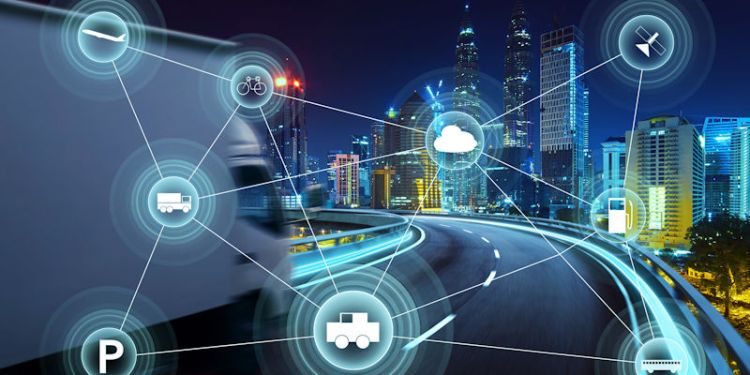Connected and shared mobility

With the recent acceleration of emerging technologies – such as IoTs, cloud computing, and big data – people and goods have become more connected than ever.
This evolution has stimulated a substantial body of research aimed at improving the connectivity of transport infrastructure and services, developing new business models for shared mobility, and addressing the public policy concern about the economic, environmental and social impacts of the technological advance.
Our research is aimed at addressing the dynamic interaction between the emerging technologies and the evolving mobility of people and goods to shape future sustainable transport systems. It has been supported by funding from local, national and international agencies.
Current projects and key research areas
- “AUTOPILOT: AUTOmated driving Progressed by Internet Of Things”, European Commission, H2020
- Design of connected and shared mobility using IoT-enabled low-cost and pervasive person-based, vehicle-based and infrastructure-based sensor systems
- Evaluation methodologies for the impact areas of IoT-enabled autonomous driving such as user acceptance, quality of life, business models and legal issues
- “ELVITEN: Electrified L-category Vehicles Integrated into Transport and Electricity Networks”, European Commission, H2020
- Modelling and simulation of the integration of electrified urban light vehicles with private and public modes of transport for personal and commercial users
- Interpolation and extrapolation methods for scaling up impacts on shared mobility from micro-scale demonstrations to city-level implementation
- “MODALES: Modify Drivers’ behaviour to Adapt for Lower Emissions”, European Commission, H2020
- Monitoring, modelling and mapping of the correlation of vehicular emissions from powertrain, brake and tyre wear with connected and cooperative driving
- User acceptance and adoption of low-emission driving practice through a personal assistant in the form of a mobile app (DALED), incorporating gamification techniques, user preferences, in-car and phone-generated data
- “optiTruck: optimal fuel consumption with Predictive PowerTrain control and calibration for intelligent Truck”, European Commission, H2020
- Creation of a global optimiser comprised of an on-board powertrain control optimiser and a cloud-based traffic prediction system with a joint effort to reduce consumption of fuel from HDVs
- Design of a modelling and simulation methodology for the assessment of connectivity and information sharing for intelligent trucks
- “PAsCAL: Enhance driver behaviour and Public Acceptance of Connected and Autonomous vehicLes”, European Commission, H2020
- Modelling of new forms of mobility enabled by connected, cooperative and automated transport, such as drive-sharing, ride-sharing, crowd delivery, and air mobility by drones and personal air vehicles which are connected by default
- Creation of the Guide2Autonomy framework aimed at improving the understanding of the implications of connected and automated services on society, and educating future drivers, passengers and those who will have to share the road with them
- “U-PASS Urban Public Administration and ServiceS innovation for Innovative Urban Mobility Management and Policy”, ESRC.
- Innovations in the design of new connected services and policies in urban transport, with a focus on policies and services such as tradable credits schemes, automated vehicles, electric driving, ride sharing, car sharing, and cycling.
- Short-run behavioural impacts through real-life experimental studies in both China and Europe, and long-run implications through advanced urban transport modelling approaches
Further information
If you would like to discuss our research theme in more detail, please contact Dr Haibo Chen.

